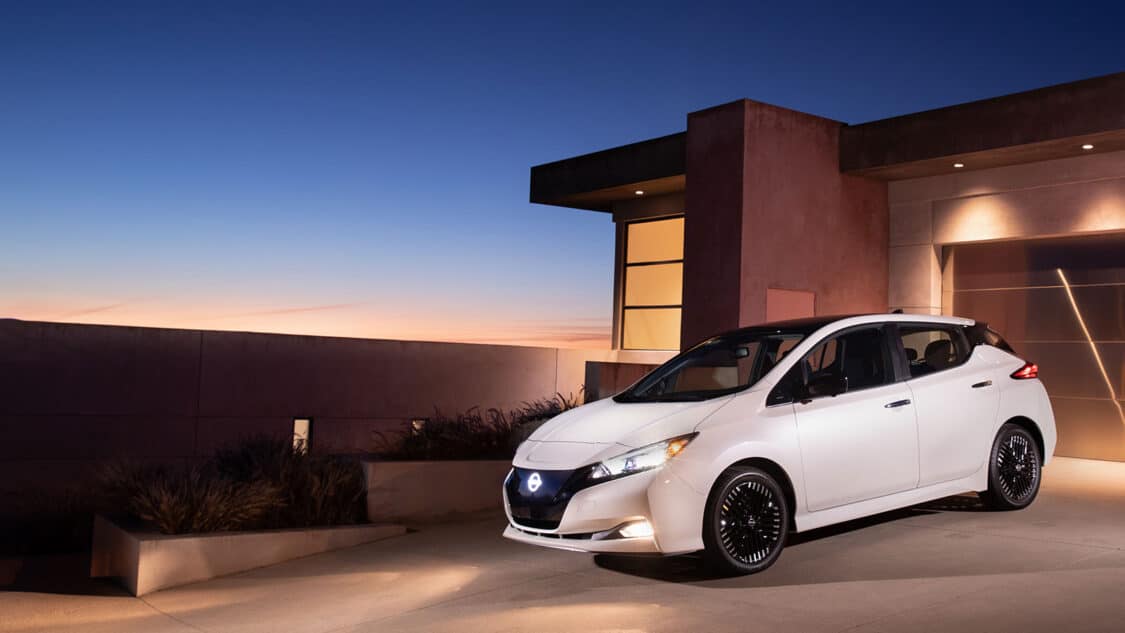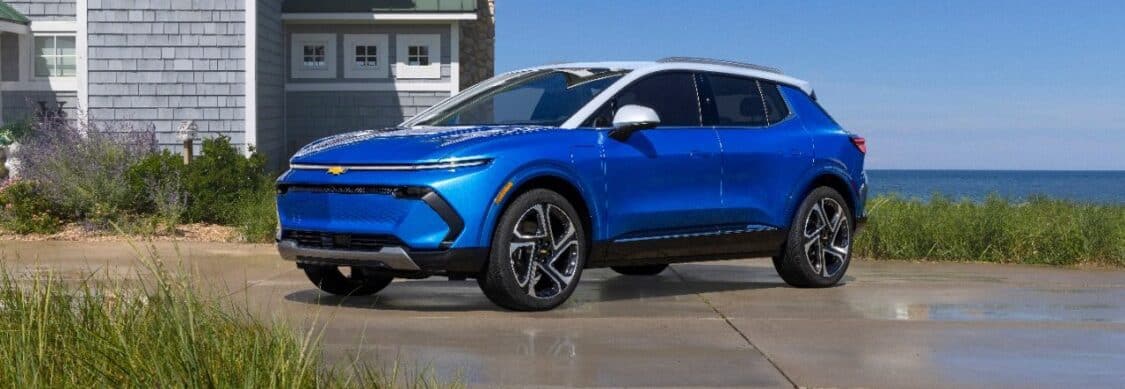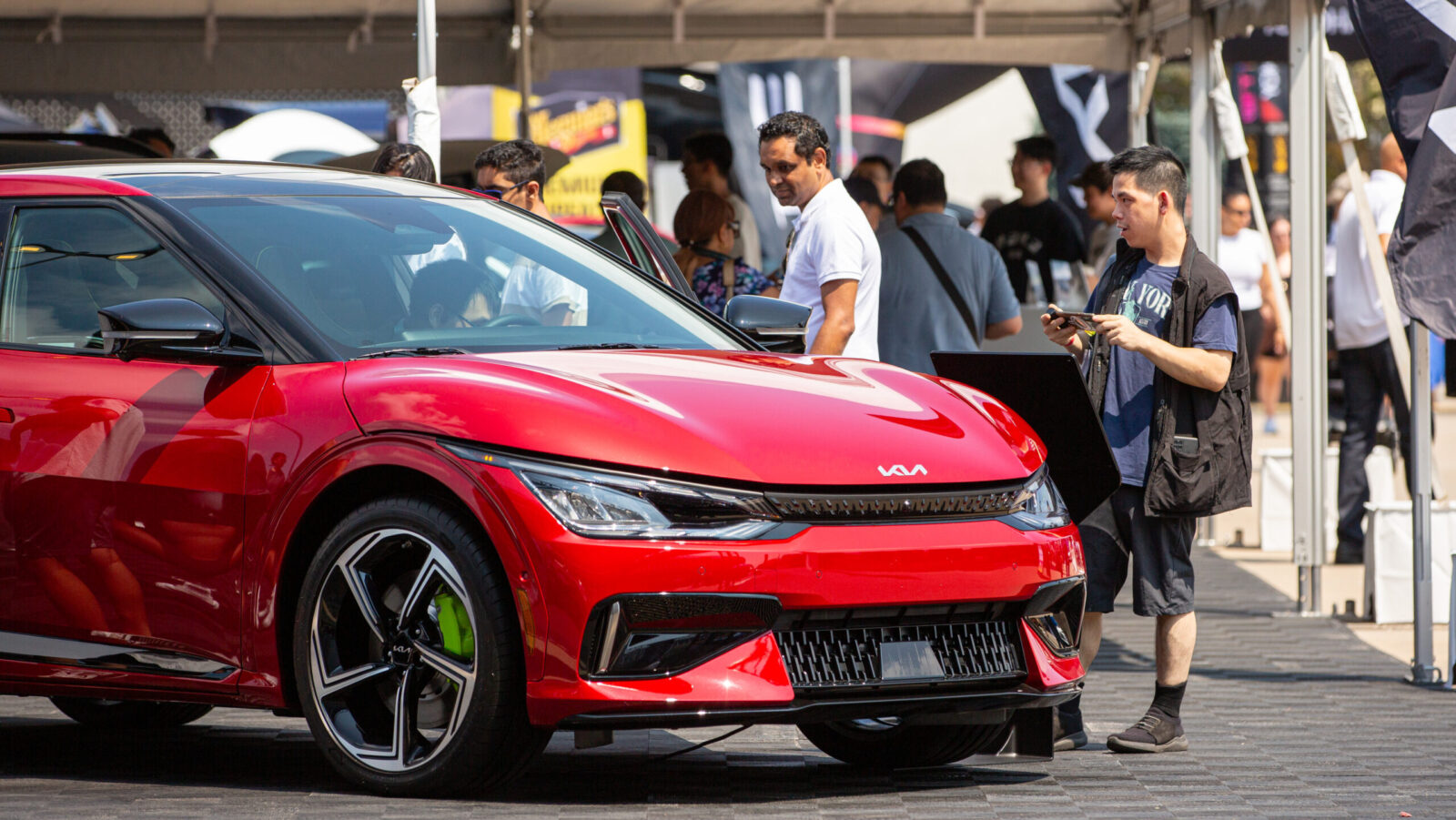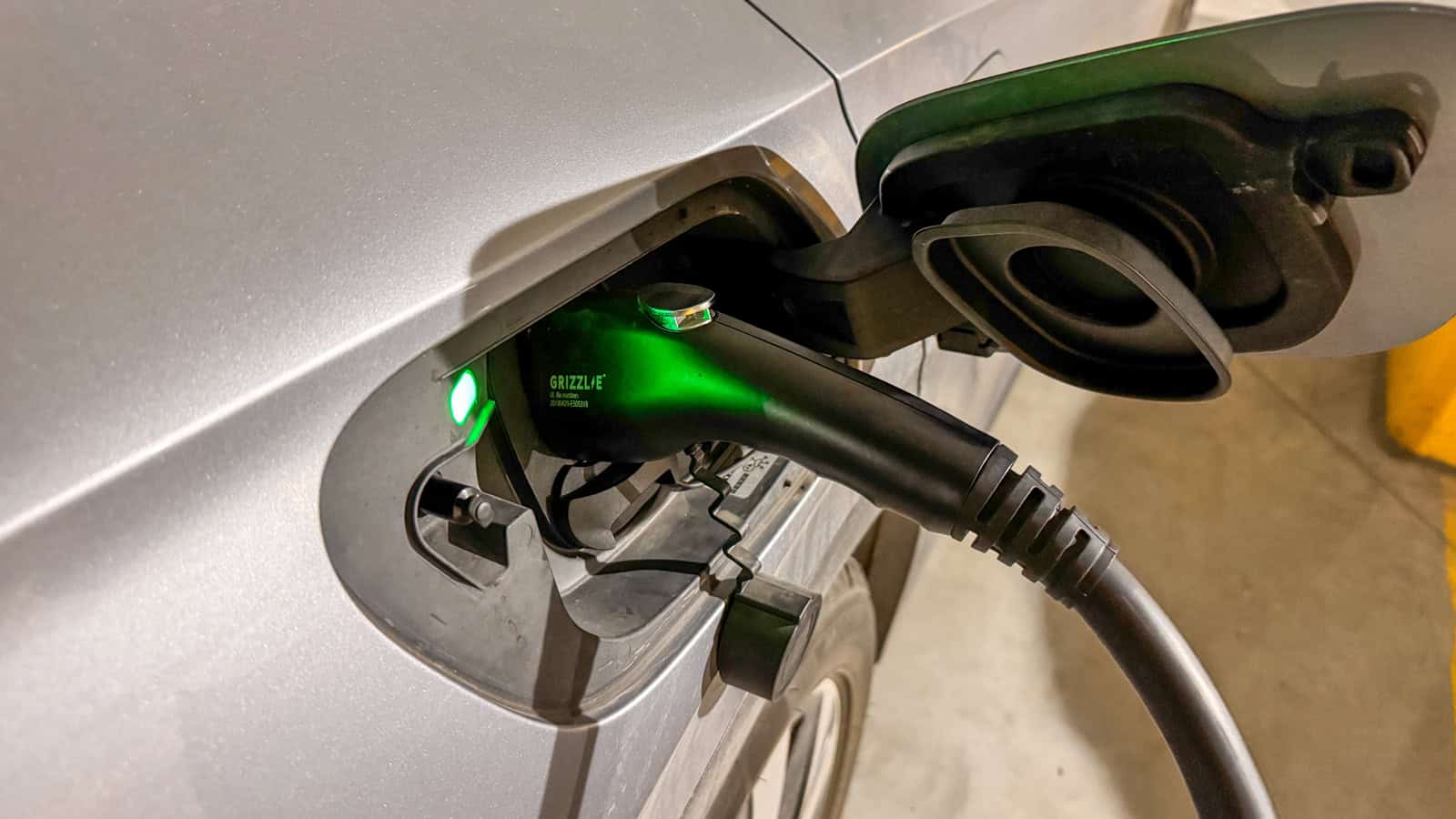- Electric vehicles have a variety of price points.
- The $7,500 tax credit makes EVs affordable.
- Charging an EV costs less than filling an ICE vehicle with gas.
- Manufacturers include free charging with new vehicle purchases.
- 2024 EV models have lower prices.
As more electric vehicles appear on local streets, the naysayers continue to perpetuate myths about efficient and fun-to-drive cars, trucks, and SUVs. A myth that continues to spread is that electric vehicles cost too much. Like the other EV myths, this one is grounded in falsehoods. Like gas-powered cars, EVs are available at a variety of price points, and several have tax incentives that lower the prices by up to $7,500.
Myth #1: Electric vehicles cost more than gas-powered vehicles
If you want to spend six figures on an EV, you can. The Mercedes-Benz EQS 450+, Porsche Taycan, Lucid Air Sapphire, and Tesla Model S Plaid are automotive works of art with price tags over $100,000. But, these exceptional EVs are in line with similarly equipped and powerful ICE vehicles, and many gas-powered models in the Porsche and Mercedes-Benz lineup also have six-figure sticker prices.
While all Lucid models have premium price tags, Tesla has lowered the sticker prices on all models. The latest price for a new Tesla Model 3 with rear-wheel drive and 272 miles of range is $39,440 (not including taxes and fees). All Tesla Model 3s with sticker prices under $55,000 get the $7,500 federal tax credit as long as the buyers are at or below income thresholds.

Electric vehicles with lower prices than the Tesla Model 3 include the Nissan Leaf and Chevrolet Bolt EV and Bolt EUV. All three of these EVs qualify for the $7,500 tax credit. If you paid cash for a 2023 Bolt EV LT1 in Michigan, your price with taxes and fees would be $29,428. Subtract the $7,500 tax credit, and you’ve got a price that is practically unheard of today.
Other EVs that qualify for the $7,500 tax credit include the Cadillac Lyriq, Volkswagen ID.4, Ford F-150 Lightning, Ford Mustang Mach-E, both Rivian models, and the Tesla Model Y. Unfortunately, Kia and Hyundai do not build their EVs in the US, so the popular EV6 and IONIQ 5 do not qualify for the tax credit. Rumor has it that the South Korean powerhouse is looking to move EV production to the US shortly.
Several automakers have announced new EV releases in 2024, and many of them look to be extremely affordable. Chevy announced the 2024 Equinox EV with the expectation that it will become the go-to vehicle for drivers who want electric power with a minimal price tag. Honda announced the 2024 Prologue, and Stellantis is expected to release new EV models with affordable price tags in 2024. More choices mean more prices, especially lower ones.

Myth #2: Charging is expensive
Charging an EV is less expensive than filling a car with gas, and almost all EV manufacturers include free charging with new vehicles. For example, the Lucid Air includes two years of free unlimited DC fast-charging at Electrify America stations. Volkswagen gives ID.4 drivers three years of free charging at Electrify America station – but only for the first 30 minutes.
Mercedes-Benz gives the same deal to its drivers but for two years rather than three. The Toyota bZ4X comes with free unlimited DC charging for one year at any EVgo station.
According to J.D. Power, filling a Tesla from 26% to 95% at a Supercharger in Illinois will cost a little under $20. If you get 250 miles out of that charge, you’re spending less on electricity than you would on gas. That tank of gas would cost about $35, at $3.50 per gallon and 25 miles per gallon.
Because public charging stations charge differently, it’s tough to come up with an average to fill an EV. Some stations charge for the time you spend plugged in, while others charge by the amount of electricity used. Many offer discounts, loyalty programs, and prepayment options to help you save money while on the road. It’s safe to say that filling an EV is generally less expensive than getting gas, and many public charging stations use renewable energy – adding to the environmental benefits of driving an EV.
While it’s getting more difficult to find free EV charging stations, some businesses still provide complimentary Level 2 charging.
Installing an at-home charging station involves up-front costs, local utility companies offer price incentives and rebates that make the price more affordable. The Inflation Reduction Act still gives homeowners rebates on installing home charging stations. The tax credit for homeowners is 30% of the cost of hardware and installation, up to $1000. Not all charging stations qualify, so check the manufacturer before making a purchase.

Comparing EVs and Gas-Powered IRL
The best way to compare whether EVs are less expensive than gas-powered cars is to look at the same make and model side-by-side. In October 2022, Car & Driver compared two EVs and similarly equipped gas-powered models, the Ford F-150 and F-150 Lightning, and the Hyundai Kona and Kona EV to see which was a better deal.
The magazine factored in the sticker price, maintenance, depreciation, and fuel/charging costs. After a lengthy article, the magazine determined that the Kona EV cost more to own than the ICE version, but the F-150 was more expensive to own than the F-150 Lightning. These were the predicted numbers for three years of ownership:
- Hyundai Kona: $19,385
- Hyundai Kona Electric: $21,426
- Ford F-150: $26,505
- Ford F-150 Lightning: $23,840
These dollar amounts do not include the $7,500 tax credit – which the F-150 Lightning is eligible for. The myth about electric cars being too expensive is truly a myth. While some EVs do have high price tags, others are on par with their gas-powered competitors. The final value comes down to what you can afford, what you want, and what you value. If you value zero emissions, quiet ride, and instant torque, then the price of your favorite EV is worth every penny.

FEATURE IMAGE: FORD
FTC: We use income-earning auto affiliate links. Learn more.












One Response